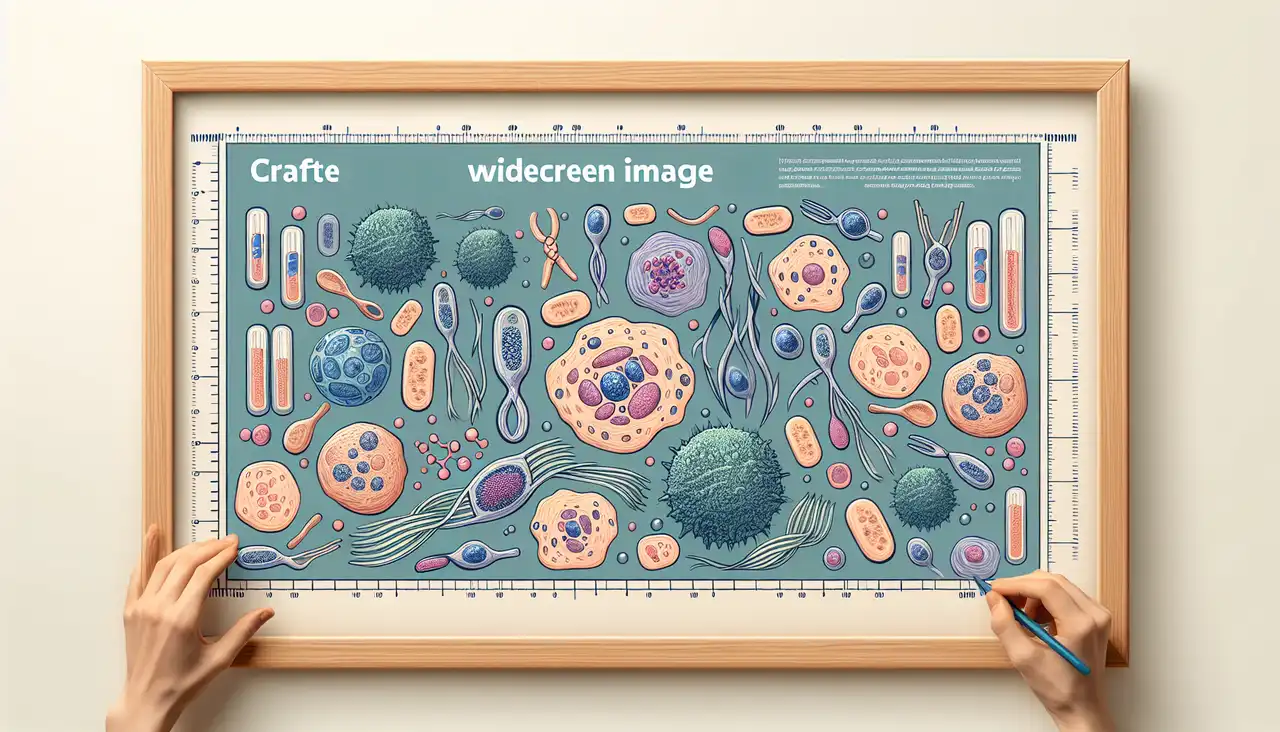

Graham Diering
Dr. Graham Diering is a renowned researcher in the field of cell biology and physiology, currently serving as an Assistant Professor at the University of North Carolina at Chapel Hill. With a keen focus on the molecular mechanisms of synaptic plasticity, Dr. Diering's work is at the forefront of understanding how these processes are linked to neurodevelopmental disorders such as autism and intellectual disability. Dr. Diering's research is distinguished by its comprehensive approach, utilizing mouse models and primary cultured neurons to delve into the intricate relationship between synaptic plasticity and sleep. His lab employs a variety of technical methodologies to explore how these biological processes contribute to the development and progression of neurodevelopmental disorders. A significant aspect of Dr. Diering's research is its potential to translate into innovative therapeutic strategies. By elucidating the underlying mechanisms of synaptic plasticity and its impact on conditions like autism and intellectual disability, his work aims to pave the way for novel treatments that could significantly improve the quality of life for individuals affected by these disorders. In addition to his research, Dr. Diering is deeply committed to advancing the field of pharmacology as it relates to neurodevelopmental disorders. His work not only contributes to a deeper understanding of the biochemical pathways involved but also seeks to identify potential pharmacological interventions that could mitigate the effects of these conditions. Dr. Diering's contributions to the field are underscored by his dedication to exploring the complex interplay between biochemistry, sleep, and neurodevelopmental disorders. His research continues to inspire and inform the scientific community, driving forward the quest for effective solutions to some of the most challenging issues in neuroscience today.
Publications
, 511-515, 2017-02-03
, ENEURO.0276-22.2022, 2022-10-31
, ENEURO.0004-24.2024, 2024-06-01